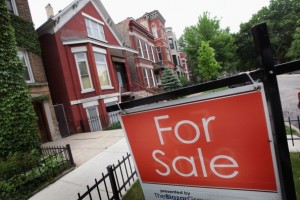Good morning, DCentric readers! Here are your Monday links:
D.C. councilmen don’t send kids to neighborhood schools “D.C. Council members are sending their kids to pricey private schools instead of putting them in the city’s troubled public system that they urge other parents to invest in.” (Washington Examiner )
Proposed Redistricting Creates Predominantly White Ward “Councilman Phil Mendelson (D-At Large) defended the proposal claiming that the committee adopted what it thought was more logical. “There is no doubt that Ward 6 will have less African Americans. However, we took the outline with the best connections across the river. Somehow we thought that was more important,” said Mendelson.” (afro.com)
The persistence of hate “This gets us back to what’s become of North-South racism in the United States since the 1950s. America is a country of immigrants, and more important, a country with high mobility within its borders, particularly over the last century. This doesn’t mean that racism has disappeared, though perhaps we can expect it to be distributed more evenly. There’s some evidence that America’s melting pot is having exactly this effect. For example, in response to the 2005-07 World Values Survey, whites living in South Atlantic states were no more likely than New Englanders to say that they wouldn’t want a black neighbor.” (Slate)









